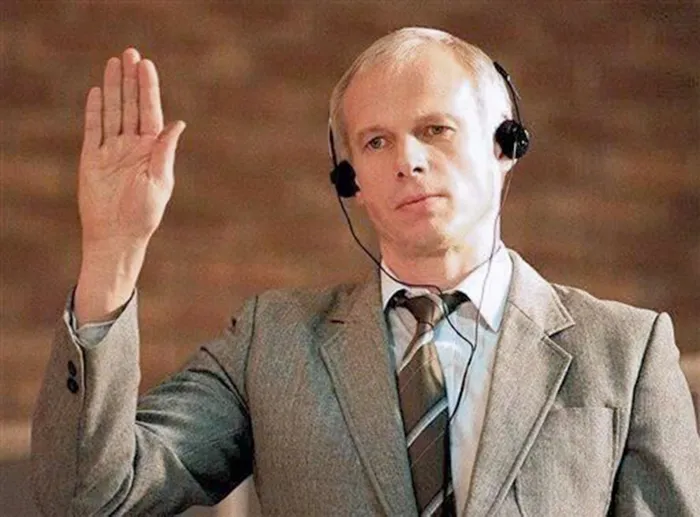Constitutional Court orders release of Chris Hani’s killer Janusz Walus on parole

A file picture of Chris Hani's killer Janusz Walus. Picture: AP
Pretoria - The Constitutional Court yesterday ordered the release of Chris Hani’s Polish killer Janusz Walus on parole.
This means that Walus will spend his 70th birthday in January outside the walls of the Kgosi Mampuru Correctional Centre in Pretoria – his home for the past 29 years.
He was arrested within hours of the April 10, 1993 assassination of SACP leader Hani outside his Boksburg home.
Chief Justice Raymond Zondo yesterday ordered Justice and Correctional Services Minister Ronald Lamola to take all the necessary steps to place Walus on parole within 10 days of the judgment. He left the conditions of parole to the minister to decide.
It is not clear at this stage whether the minister will allow Walus to return to Poland, his country of origin. Walus has previously said that once released, he would like to return home.
Justice Zondo said in his judgment that the minister’s decision to refuse parole to Walus was irrational and stood to be set aside. Walus turned to the apex court after the minister in 2020 once again refused him parole.
Justice Zondo pointed out that the minister had admitted that Walus had met all the requirements for parole; that he was a model prisoner; and that he had shown remorse for the killing.
The minister, however, said all the requirements were met, save for two. Those were the nature of the murder and the remarks made by the trial court that had sentenced Walus, and later remarks regarding the murder made by the Supreme Court of Appeal.
In sentencing him to death at the time, the judge, among others, said it was a cold-blooded murder of a prominent person, which had the potential to have far-reaching consequences for the country and could have plunged it into civil war. The judge at the time also said that the murder had been well planned over a period of weeks.
But, Justice Zondo said these things were not now within Walus’ means to change. He questioned how the two factors preventing him from being released on parole – the sentencing remarks and the fact that it was a cold-blooded murder – would change if the minister decided to release him on parole at a later stage.
“He may serve 30 or 40 years in jail, simply because of these factors that he cannot change. The minister’s decision is thus not rational,” the judge said.
He pointed out that Walus fell under the Correctional Services Act of 1959, which stipulated that people who fell under this legislation had to serve 13 years and four months in prison before they could be considered for parole.
Walus’ death sentence was commuted to life imprisonment in 2000. He also had a year reduced from this sentence for credits he had obtained while in the Kgosi Mampuru prison in Pretoria.
This meant he was eligible to be considered for parole in 2005, Justice Zondo said.
He referred to the numerous applications brought by Walus over the years to be considered for parole, and that each one had been turned down by the various ministers of correctional services.
Walus, although eligible to be considered for parole in 2005, started with a series of applications in this regard in 2011.
Justice Zondo said it would serve no purpose to refer the matter back to Lamola for reconsideration, as history had proved that he was time and again refused parole.
“More than 15 years have lapsed since he was eligible to be considered for parole – in our view it is just and equitable that this court orders the minister to place him on parole,” Justice Zondo said. “I am mindful that in assassinating Hani, he nearly plunged this country into civil war,” he said.
“But the fathers and mothers of this country endorsed our Bill of Rights, which is there for all, even those who fought democracy and those who supported apartheid with all their hearts.”
The judge read out of Bill of Rights, which said that everyone in this country was equally protected by the law.
Hani’s widow, Limpo Hani, and SACP members have opposed parole from the start, arguing that Walus had not shown true remorse, nor did he tell the truth about who was actually behind the killing.
They attended yesterday’s judgment, after which a clearly angry widow stormed out of court. She told the media that Justice Zondo had totally disregarded the Hani family and the SACP in his judgment.
She said he never referred to them, but instead focused on Walus. Hani said Justice Zondo had “failed this country”.
“I have never seen anything like this,” a visibly upset Hani said.
SACP general secretary Solly Mapaila labelled the judgment “sickeningly disappointing”.
Pretoria News